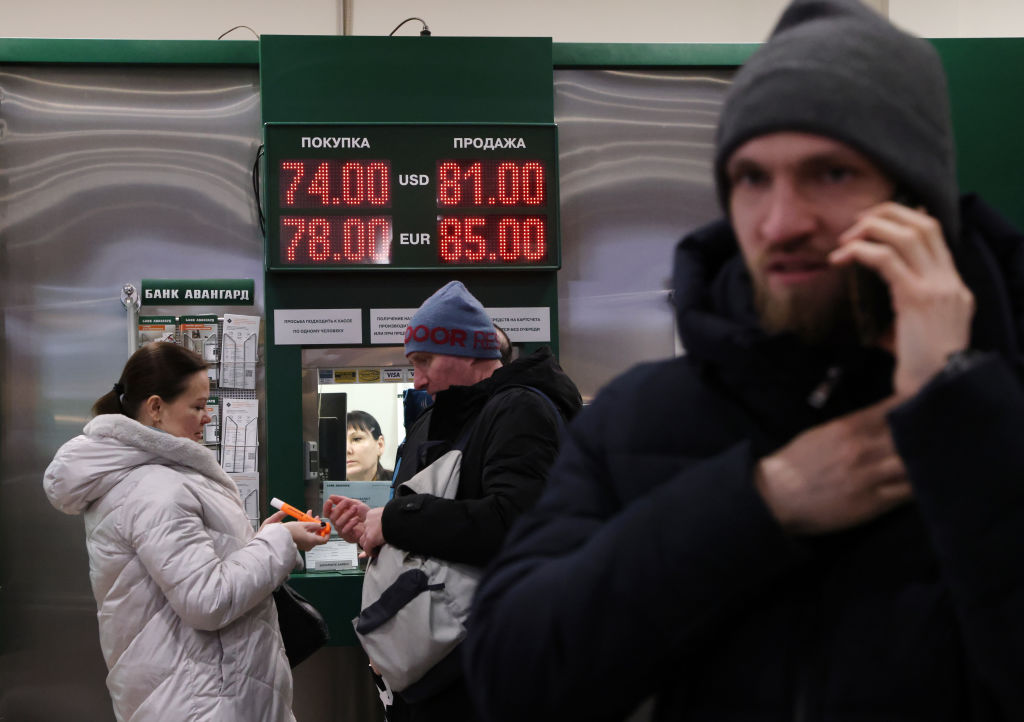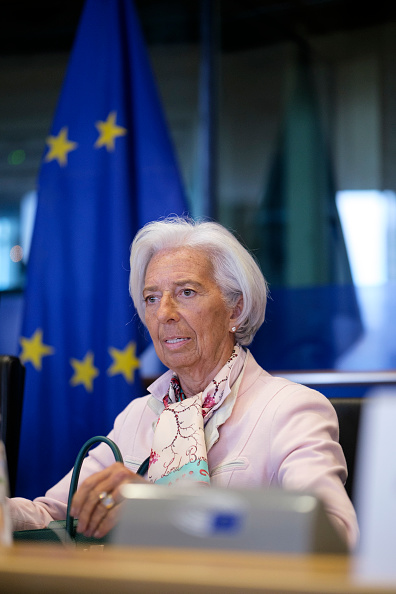A near-record Russian harvest, augmented by grain from occupied areas of Ukraine, is making Moscow a dominant player in international food markets.
Western sanctions on seeds and spare parts for agricultural equipment have failed to keep the post-Communist country from leading the world in wheat exports, especially given the decision by many European companies to remain in the country.
China, with its growing population and political distance from the West, is happy to buy what Russia offers. Russian food exports to China are on track to reach $10 billion a year by 2030.
Total trade between China and Russia hit a new record high in 2022, up 30 per cent to €176 billion, according to the General Administration of Customs of China.
“Russia’s currency, the rouble, also is very weak,” making its food exports cheaper, Tanner Ehmke, a Denver-based grain economist, told Brussels Signal.
The combination of a struggling rouble and Russia’s second-highest grain harvest since the fall of the Soviet Union in 1991 “is holding down world wheat prices despite tight world wheat stocks”, he said.
Dmytro Tupchiienko, a shipping lawyer who worked for a UK law firm active in both Ukraine and Russia, said: “There is so much grain in the country that port capacities are overloaded.
“And in conditions of a weak ruble, exports become one of the few ways for Russian farmers to maintain production profitability.”
Alongside bumper Russian wheat production, the cost of its grain “is declining both on the domestic and foreign markets”, Tupchiienko added.
Even excluding produce from Russian-occupied Crimea, the country will be able to export 48 million tons of wheat this year, the US Department of Agriculture estimates.
Russia’s Minister of Agriculture Dmitry Patrushev has a higher estimate of 78 million tons.
Despite widespread sanctions on Moscow over its invasion of Ukraine, German, Italian and Spanish companies have continued to sell farm equipment to Russia and are among the country’s chief suppliers of such, according to independent geopolitical analysts Oxford Analytica.
China is an increasingly important partner on both sides of Russia’s agricultural equation – helping Russia sidestep sanctions on equipment and then buying the grain it produces.
The volume of agricultural equipment China sold Russia rose by 2.5 times in the first nine months of 2023.
Beijing signed a $25 billion contract with Moscow in October to buy as much as 70 million tonnes of Russian grain in the next 12 years, along with food oils, Oxford Analytica said.
Russia’s other chief grain markets include Saudi Arabia (which this year has bought 1.25 million tons of grain), Turkey (850,000 tons of Russian wheat), and Iran (690,000 tons of grain crops), it said.
Moscow also has also avoided Western sanctions on seeds by producing what it needs itself.
Russia is now self-sufficient in wheat and barley seeds. In addition, this year it produced 50 per cent of its own sunflower seeds and 65 per cent of its corn seeds. Russia intends to produce all the seeds it needs to grow vegetables within five to seven years, experts say.
The push for self-sufficiency has led to a battle within Russia between farmers and tax officials eyeing a growing revenue source, analysts said. The tussle involves the tax rate on all these seeds – and whether that rate should be the standard full 20 per cent VAT or a lower 10 per cent.
The higher VAT rate on seeds would render half of seed companies and 70 per cent of seed dealers bankrupt, Russia’s National Seed Alliance claimed.
Away from producing seeds and acquiring equipment, Russia’s war in Ukraine has meant “difficulties have increased with hiring and insuring a fleet of ships for transporting Russian grain” across the Black Sea, said Tupchiienko.
“If any [further military] excesses occur, the price [of acquiring such vessels] will certainly rise” exacerbating Russia’s grain-shipping issues, he added.





